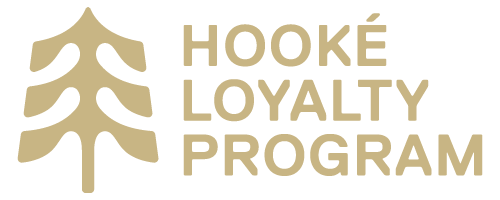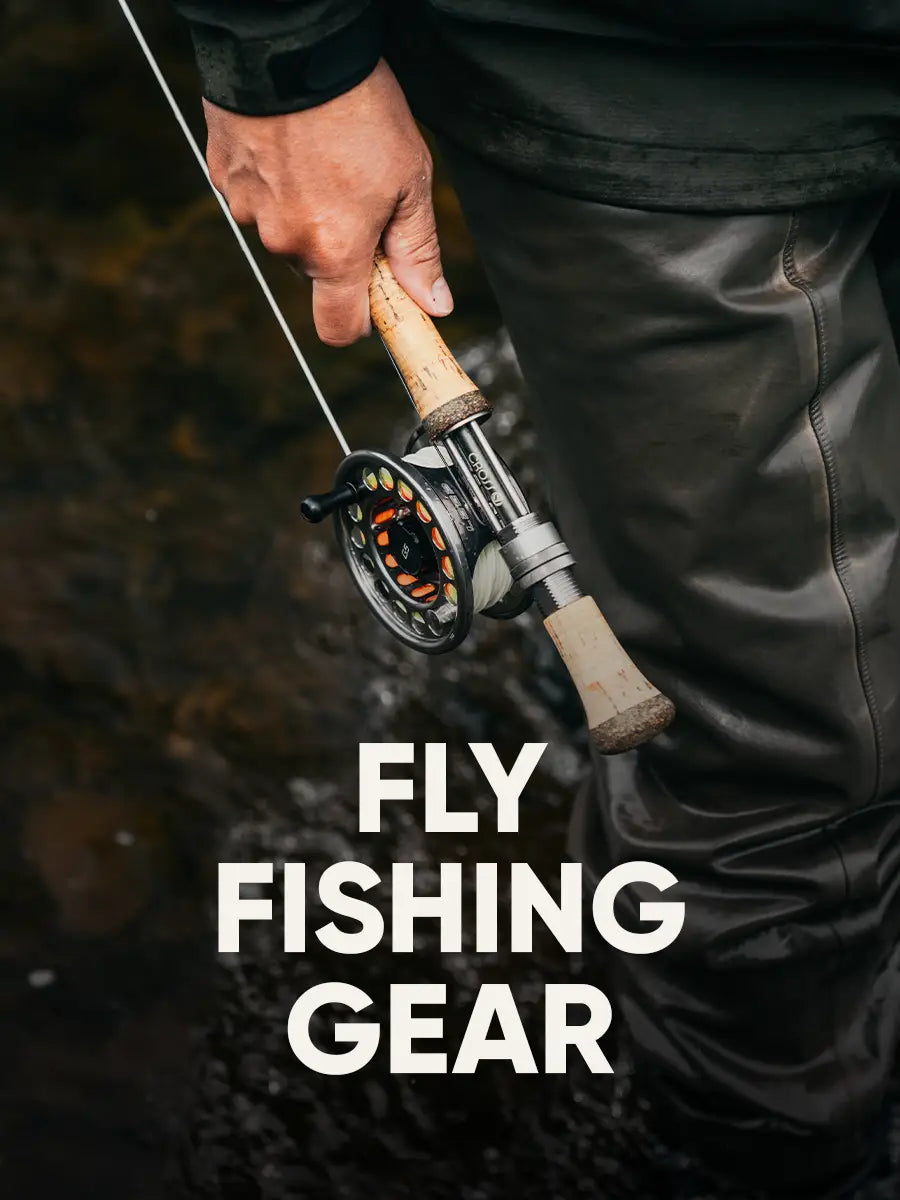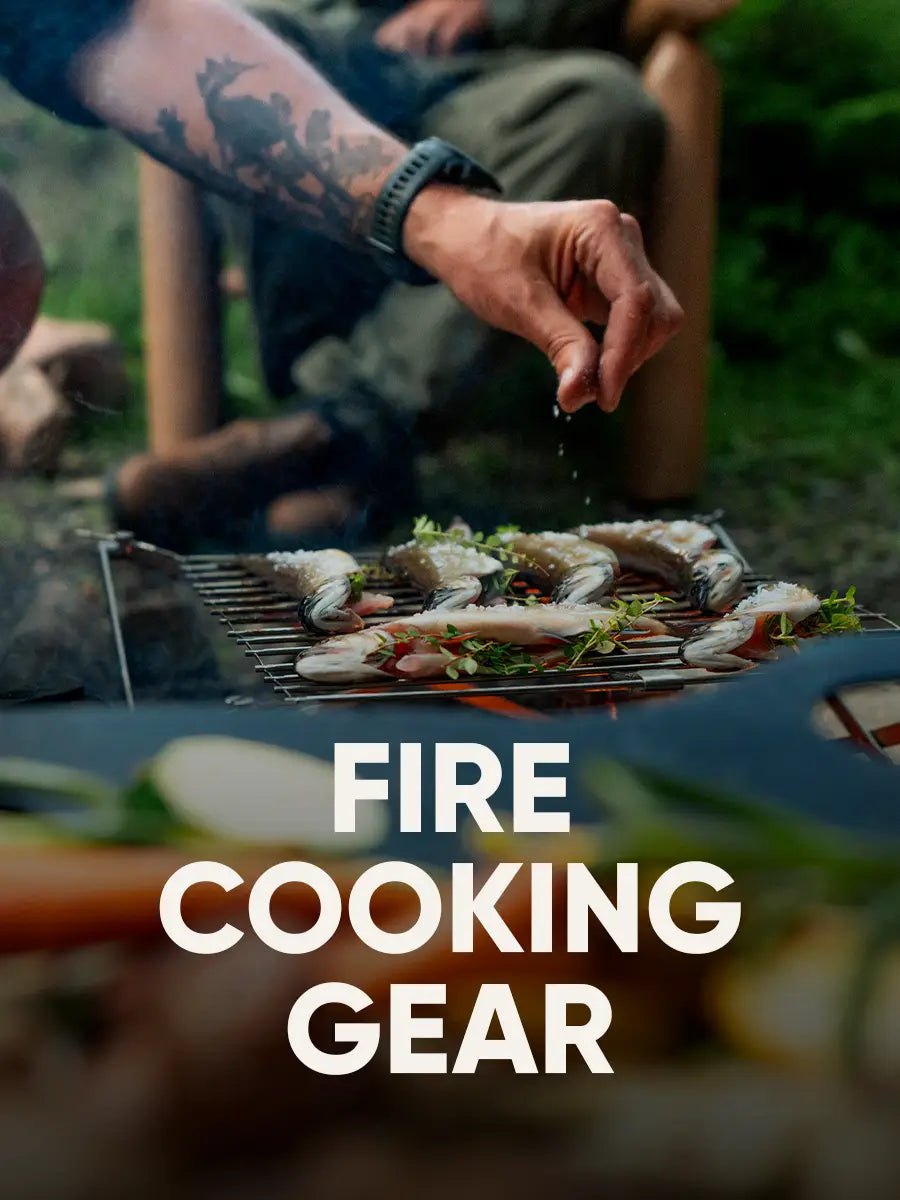Dive into a truly exceptional human adventure. We invite you to discover our new documentary entitled “Dix-huit jours de plein air expérientiel” (Eighteen days of experiential outdoors), a project carried out in collaboration with the Cégep de l'Outaouais. In this article, our ambassador, teacher and researcher Virginie Gargano, shares what makes this course such a transformative experience, and reveals the long-lasting impacts observed among the participants of this unique program based in Quebec.

Virginie Gargano
Virginie Gargano is a professor and researcher at Université Laval's School of Social Work and Criminology. She specializes in interventions in natural and adventurous settings, where her research focuses on the potential and limitations of the great outdoors concerning overall health. Virginie Gargano's research is informed by her professional practice. Holder of a bachelor's degree in outdoor and adventure tourism, a master's degree, and a doctorate in social work, for the past twenty years she has been combining her professional practice as a facilitator and expedition leader with her work teaching outdoor activities in colleges and universities. One of her inspirations is the “Plein air expérientiel” course, which she has been teaching at the Cégep de l'Outaouais for twenty years now.
It was in the fall of 2023, during a video project in partnership with Université Laval, that we had the chance to meet Virginie, a key figure in the Quebec outdoor scene. Impressed by her background and passion, we quickly asked her to participate in our original Hooké series, presented by La Lancée, “Connectées par le plein air (Connected through the great outdoors). The series celebrates the strength, resilience, and passion of women who occupy leadership roles in the outdoor community.
Ever in awe of her work, we didn't hesitate when Virginie asked us to collaborate on the documentary project “18 jours” (18-days). This ambitious project, born from an original idea by teacher assistant Étienne Booth in 2013, aims to document the 50-year history of this iconic expedition. Eleven years later, Hooké director Sébastien Corriveau carried the torch and took on the task of transforming and combining these 100 hours of archive footage with new images into a poignant film.

We play outside!
In the late 1960s, the birth of Quebec's Cégeps gave rise to a whole new vision of education. Over the years, this place of education has become a place where values such as self-respect, respect for others and the environment, personal commitment to education and one's environment, intellectual curiosity, creativity, autonomy, rigor and perseverance are embodied. At the same time, these values are difficult to actualize in traditional educational settings. It was against this backdrop, in 1976, that the “Plein air expérientiel” college course was born at the Cégep de l'Outaouais. Set up by two physical training educators, Paul Calvé and Gaston Lemire, this complementary course was born of the desire to provide outdoor experiences over long periods of immersion in nature. That's why, in addition to technical adventure activities, this course is part of a learning process centered on the natural sciences (e.g. geography, geomorphology, fauna, flora, meteorology, astronomy).

Today, the course takes place over a period of 18 days in a natural environment. After 48 years, over 2,000 people have taken part in this extraordinary experience. The only one of its kind in Quebec, the “Plein air expérientiel” course, also known as “18 days”, is an immersive formula that allows students to move around the Outaouais region and explore the natural environment through a variety of technical activities such as canoeing, sea kayaking and rock climbing, to name but a few, over a period of 18 days.

Training tomorrow’s adults
Written by Virginie Gargano
When people say it takes a village to raise a child, I'd say it takes courses like 18-days to build a society.
What I fundamentally believe is that experiences like the 18-days build character, putting us in touch with ourselves, with each other, with nature's stillness and with the positive energy that adventure induces.
That's why, some fifteen years ago, as part of my master's degree process, I decided to study the personal and interpersonal impact of multi-day expeditions. One thing led to another, and my research process led me to study the effects of the 18-days expedition. The benefits that emerged ranged from feelings of self-efficacy and confidence to the creation of friendships. In the cold, rain and wind, participants evoked the importance of facing challenges to get to know themselves better, test their own limits and grow (Gargano, 2010). Unbeknownst to me at the time, this empirical study formed the basis of my doctoral process: if students derive personal and interpersonal learning from this kind of outdoor experience, how does it come about?
Thus, in my doctoral thesis, I was interested in what was happening within the group, and what emerged as one of the cornerstones of the 18-days experience: by coming together, students get to know each other better, socialize and support each other. In contact with one another, they learn to accept each other in their differences, and they experience altruism (Gargano, 2018).
But what is altruism? Altruism is the action of giving and receiving (Yalom and Leszcz, 2005). This intrinsic remnant of human nature has enabled us to survive in a hostile environment, and to survive through the ages.
In community, we were stronger.
By giving, we felt valued.
In receiving, we felt important.
In a context in which we are challenged, where we have to help each other and endure physical hardship; in an environment in which we are truly interdependent, altruism really comes into its own.
At the 18-days event, this meaning is conveyed by the nature of the activities, including the bikes to be repaired, the canoes to be carried, the bags to be transported and the tents to be erected.
It's also rooted in the time spent under the rain and through the cold, sometimes in laughter and other times not so much; it's rooted in the time spent sleeping on the ground, without the city noise, quieting all the stimuli to our city life has accustomed us to.
Paradoxically, this experience, difficult at times, has a positive human impact. What makes it special is the interaction between these meaningful anchors, making it unique and difficult to dissect and capture all its subtleties. In fact, what is holistic in nature is difficult to describe.
Yet, what can be learned, what can be transferred and what, in my opinion, emerges from this research is the impact of such an experience on the development of a society.
Despite what one might imagine, in the silence of the night, in the solitude of the forest, with the stroke of a paddle, we forge a society. And, naturally, we become a people again.
References.
Gargano, V. (2010). Les retombées du cours collégial "Plein air expérientiel" aux plans personnels et interpersonnels [Mémoire, Université du Québec à Chicoutimi]. Chicoutimi, QC.
Gargano, V. (2018). L’intervention en contexte de nature et d’aventure : Une analyse sous l’angle des facteurs d’aide Université Laval]. Québec, QC.
Yalom, I. D., & Leszcz, M. (2005). The theory and practice of group psychotherapy (5 ed.). Basic Books.















